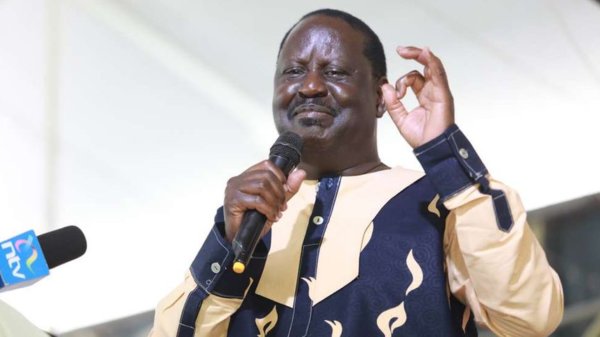(KDRTV)-From December 26 to January 1, African-Americans celebrate an old tradition from African history and culture. Matunda ya Kwanzaa comes from old Swahili for ‘First Fruits’.
Black African-American activist Maulana Karenga started the ritual back in 1966 after the Watts Riots as a way to empower African-Americans to have their own version of Christmas based on their ancestral heritage. Karenga was a rising figure in the black power movement back in the 60s and 70s, he believed that although considered Americans, his fellow Africans should know their roots and lineage, should appreciate their old culture and traditions, and look within to understand one’s place in the American society.
Also Read: President-Elect Joe Biden Speaks To The Nation
Also Read: Moderna Vaccine, Now Available To The Public
Karenga observed the first fruits festival celebrated in December and January across Southern Africa, drew inspiration from the Zulu festival Umkhosi Woselwa to give the celebration its unique name Kwanzaa or ‘First Fruits’. The tradition itself is not religious in nature but rather spiritual and ancestral, a person can be Christian, believe in Jesus Christ and Christmas, but still celebrates Kwanzaa independently. It is a spiritual journey of identity and self-recognition. The movement started in California and spread all over the United States, in his book Karenga describes the old ways of Africa’ Kwanzaa: A Celebration of Family, Community, and Culture.
The ritual has 7 pillars and principles:
- Unity- Umoja: To maintain unity and solidarity in race, family community, and country.
- Self-Determination-Kujichagulia: To define our identity and existence by our own hands and minds.
- Collective Work and Responsibility-Ujima: To take part and contribute effectively to our communities, relatives, and siblings’ life in a way to help and offer assistance when needed.
- Cooperative Economics-Ujamaa: To open local businesses and benefit the community, help each other with financial and social issues to profit everyone. Building a business together.
- Purpose-Nia: To have the intention of bringing back African pride and Greatness.
- Creativity-Kuumba: To do one’s best with good intentions for the community and make it more beautiful and beneficial than previously found.
- Faith-Imani: To believe. To believe that people are good, the fathers, the mothers, the brothers and sisters, the teachers, and the leaders. To believe that we are fighting for the right cause and that we will win.
On every day of the Kwanzaa, people are expected to greet each other with ‘Habari Gani’ meaning How are you?
Kamala Harris shared a heartwarming video on Twitter today celebrating Kwanza and her childhood memories with the family.
Our Kwanzaa celebrations are one of my favorite childhood memories. The whole family would gather around across multiple generations and we’d tell stories and light the candles.
Whether you’re celebrating this year with those you live with or over Zoom, happy Kwanzaa! pic.twitter.com/21bzGHZpYe
— Kamala Harris (@KamalaHarris) December 26, 2020
It is a sad truth that the tradition has died off with time but maybe now with the new black American movements gaining traction for racial justice, for equal treatment, and against police brutality. Maybe the tradition will live on and flourish. Maybe the young new generation will learn to look within for definition and identity.




































































